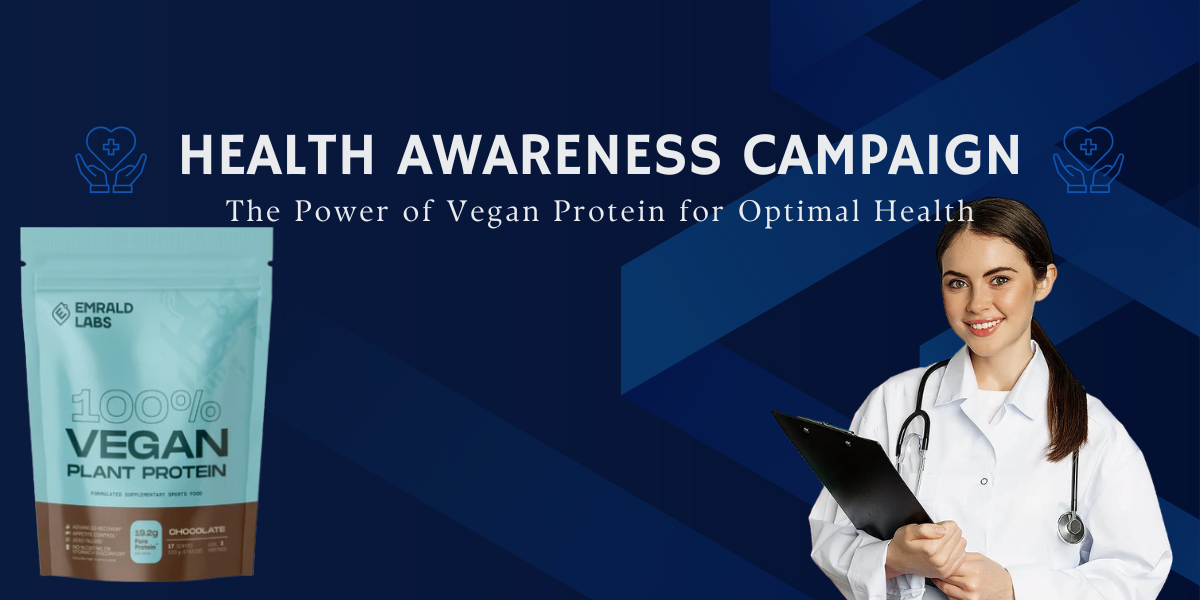In recent years, the spotlight has increasingly focused on plant-based diets, and, within this dietary movement, the pivotal role of vegan protein has garnered significant attention. Embracing a vegan lifestyle or incorporating more plant-based foods into one’s diet is no longer solely about ethics and the environment; it is also about optimising health. This article delves into the power of vegan protein and its vital role in supporting a nutritious, balanced diet.
Understanding the Importance of Protein
Protein is a critical macronutrient essential for the growth, repair, and maintenance of all body tissues. It is the building block of bones, muscles, cartilage, skin, and blood, and it also plays a crucial role in the production of enzymes and hormones that regulate body functions. The significance of consuming adequate protein cannot be overstressed, whether obtained from animal or plant sources.
The Myths Surrounding Vegan Protein
Many people harbour the misconception that vegan diets might lack sufficient protein. This unfounded belief can deter individuals from exploring the rich variety of plant-based protein sources available. It is essential to dispel such myths and understand that a well-planned vegan diet can indeed meet all nutritional needs, including protein requirements.
The Rich Tapestry of Plant-Based Proteins
Vegan protein sources are diverse, encompassing legumes, whole grains, nuts, seeds, and vegetables. Foods like lentils, chickpeas, quinoa, almonds, and tofu pack a powerful protein punch and can easily be incorporated into a range of delicious and healthful meals. Soy products, such as tempeh and edamame, are also excellent sources of high-quality protein that can rival the protein content found in animal products.
The Advantages of Vegan Protein
Opting for vegan protein sources carries several advantages. They tend to be lower in saturated fats and high in fibre, which contributes to better heart health and improved digestive function. Furthermore, these proteins often come with a wealth of additional nutrients vital for optimal health, including vitamins, minerals, and antioxidants.
Integrating Vegan Protein into Your Diet
Adopting a diet rich in vegan protein does not have to be a drastic transition. Simple steps can be taken to integrate these proteins into everyday meals. The addition of chickpeas to a salad, swapping in tofu for chicken in a stir-fry, or choosing a bean-based chilli over one with meat are all easy ways to increase your plant-based protein intake.
Fulfilling Protein Needs on a Vegan Diet
One of the concerns for those new to vegan diets may be ensuring they consume enough protein. By including a variety of plant-based protein sources throughout the day, individuals can easily meet their daily protein needs. It’s important, however, to be mindful of the essential amino acids, which are the building blocks of protein. As most plant proteins, except for soy and quinoa, are not ‘complete’ proteins (meaning they don’t contain all essential amino acids), combining different plant-based protein sources is recommended.
Overcoming Potential Challenges
When transitioning to a diet that relies heavily on vegan protein, one may face challenges, such as finding the right balance of foods or understanding the best sources of plant-based protein. Educating oneself on the nutritional content of vegan foods and seeking guidance from dietitians can be invaluable in navigating this process.
Vegan Protein for Fitness Enthusiasts
Fitness enthusiasts and athletes might wonder if vegan protein can support their active lifestyles. Studies consistently show that with proper planning, a vegan diet containing adequate protein can support even the most demanding of athletic pursuits. Supplements such as protein powders can also play a role, providing concentrated sources of vegan protein for post-workout recovery and muscle building.
Environmental and Ethical Considerations
Beyond personal health, the choice to consume vegan protein also resonates with environmental and ethical considerations. Plant-based diets have a lower carbon footprint compared to diets rich in animal products. Additionally, choosing plant-based proteins can align with ethical beliefs centred on animal welfare and sustainability.
Sourcing High-Quality Vegan Protein
To ensure you are receiving the maximum benefits from your vegan protein sources, aim for high-quality, minimally processed options. Selecting organic and non-GMO proteins can also contribute to both personal health and environmental sustainability.
Tailoring Vegan Protein to Individual Needs
Every individual’s protein needs are different, based on factors such as age, sex, activity level, and overall health. It’s crucial to tailor your protein sources to your specific requirements. Consulting with healthcare professionals can aid in establishing a diet with the right amount and variety of vegan protein that is suitable for your unique lifestyle and nutritional needs.
Conclusion
In conclusion, vegan protein is a viable and beneficial choice for those looking to enhance their health. With a wealth of options available, it is possible to enjoy a fulfilling, protein-rich diet that supports bodily functions, contributes to fitness goals, and aligns with ethical and environmental values. By embracing the abundance and nutritional power of plant-based proteins, we can unlock a pathway to optimal health and wellbeing.
Whether you are a vegan veteran or someone curious about plant-based nutrition, exploring vegan protein may prove to be a vital step towards a healthier and more sustainable lifestyle.




